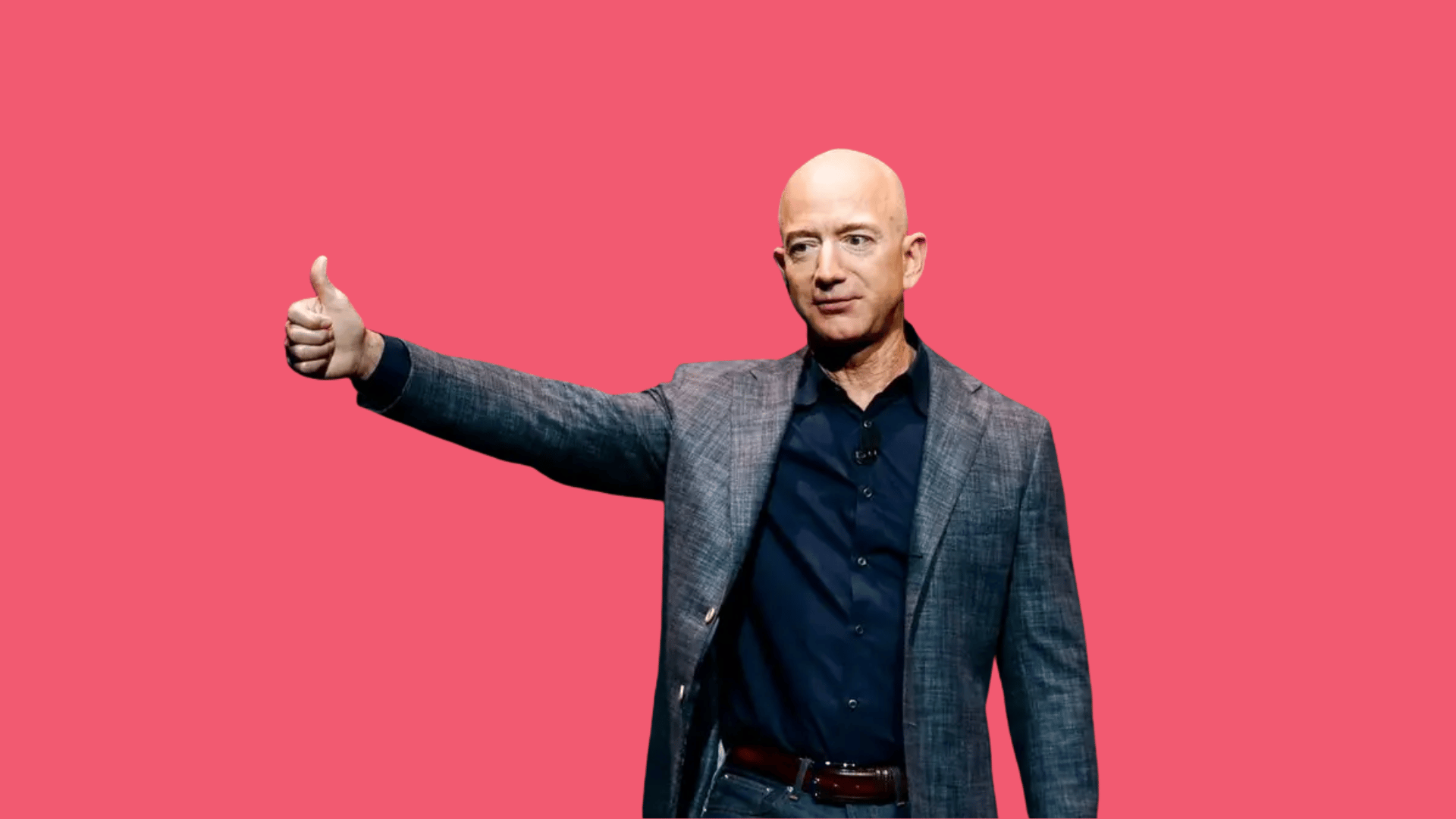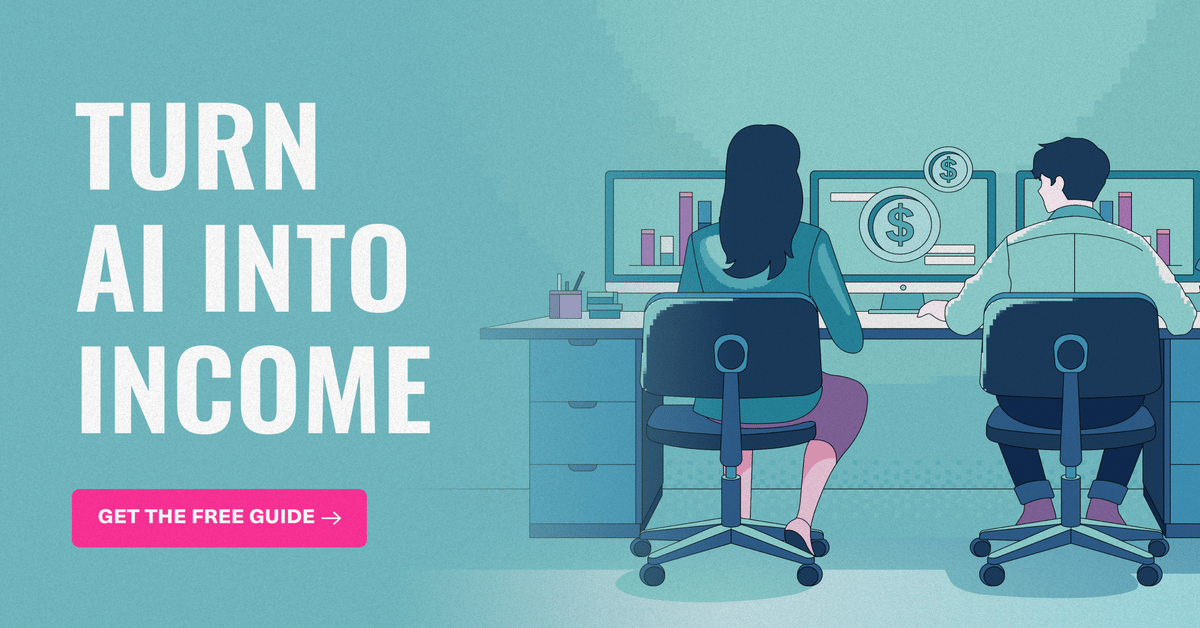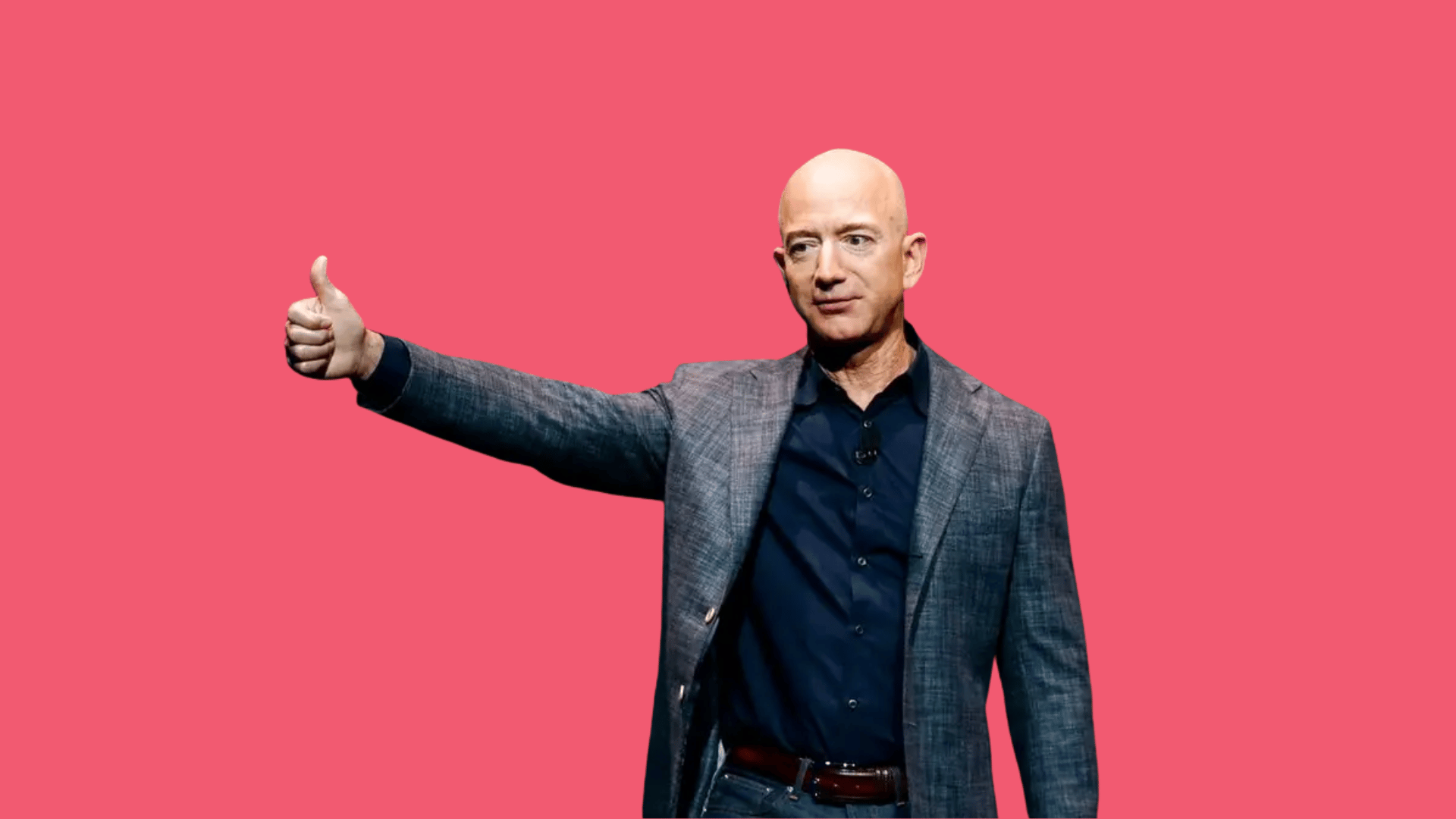- MVP Templates
- Posts
- $1M to Sell Books on the Internet?
$1M to Sell Books on the Internet?
The "70% Chance of Failure" Honest Pitch That Built Amazon's $2.5T Empire

Turn AI Into Your Income Stream
The AI economy is booming, and smart entrepreneurs are already profiting. Subscribe to Mindstream and get instant access to 200+ proven strategies to monetize AI tools like ChatGPT, Midjourney, and more. From content creation to automation services, discover actionable ways to build your AI-powered income. No coding required, just practical strategies that work.
📍 Seattle, Washington
In 1995, Jeff Bezos was doing something most entrepreneurs would consider career suicide: telling potential investors they had a 70% chance of losing their money.
While his hedge fund colleagues on Wall Street were making millions trading derivatives, Bezos was sitting in coffee shops across Seattle, explaining what "the internet" was to confused investors who thought his online bookstore idea was insane.
But that radical honesty about risk became the foundation for one of history's greatest fundraising successes—eventually transforming a $1 million seed round into Amazon's current $2.5 trillion market cap.
The Play: Brutal Honesty as a Filtering Mechanism
While most founders sugar-coat their pitch to raise capital quickly, Bezos took the opposite approach.
He led every investor meeting with a stark warning: "I think there's a 70% chance you'll lose your entire investment."
This wasn't reverse psychology—it was strategic filtering designed to find investors who truly understood the internet's potential and could stomach the massive risk of pioneering e-commerce.
Key Tactical Moves:
Internet Education First: Before pitching Amazon, Bezos spent half of every meeting explaining what the internet was and why 2,300% annual growth in web usage created an unprecedented opportunity.
Risk-Adjusted Expectations: By front-loading the failure probability, Bezos attracted only investors who believed in asymmetric risk-reward, not those looking for "safe" returns.
Market Size Validation: He showed detailed projections of how Amazon could turn inventory 20 times per year versus 2.7 times for traditional bookstores—proving the business model's superiority.
The Results:
🚀 $1 million raised from 22 angel investors at $50,000 each (1995)
🚀 $2.5 trillion market cap as of July 2025—making Amazon the world's 4th most valuable company
🚀 2.5 million-fold return for investors who held their stakes through Amazon's growth
Why Brutal Honesty Created Billion-Dollar Loyalty
1. Filtered for True Believers
Of the 60 meetings Bezos took, 40 investors said no.
But the 22 who invested weren't chasing quick returns—they were betting on Bezos personally and the internet's transformative potential.
This created a cap table of committed partners, not tourist investors looking for easy exits.
2. Built Credibility Through Transparency
Tom Alberg, one of Amazon's first major investors, noted that Bezos "had really investigated very thoroughly" and presented "a very focused kind of plan".
The 70% failure warning actually increased investor confidence because it showed Bezos understood the risks and had realistic expectations.
3. Attracted Strategic Value Beyond Capital
Investors like Nick Hanauer ($40,000 investment) and Eric Dillon (Seattle stockbroker) brought networks, expertise, and credibility that pure capital couldn't buy.
Hanauer's early Amazon bet helped establish Seattle as the company's home base, while Alberg's telecom experience proved invaluable for scaling operations.
💡 How to Steal Amazon's Fundraising Playbook
1. Lead with Risk, Close with Opportunity
Start every pitch by acknowledging the 2-3 biggest ways your startup could fail.
Then explain why you're the team to navigate those risks and why the upside justifies the gamble.
2. Use Rejection as Market Research
Bezos documented every "no" to refine his pitch and identify what investors didn't understand about the internet opportunity.
Each rejection taught him how to better articulate Amazon's value proposition.
3. Quantify Your Competitive Advantage
Amazon's 20x inventory turnover vs. 2.7x for bookstores gave investors concrete proof of the business model's superiority.
Show investors why your approach creates structural advantages, not just better execution.
Startups Currently Raising from Around the World
Are you ready to be featured on this list?
Axle Health (USA): A healthcare technology company using AI for home healthcare logistics, optimizing scheduling, routing, and patient engagement for providers and payers.
🔗 axlehealth.com
📄 Pitch Deck (BestPitchDeck)
💰 Raising: $10M (2025) | Committed: Fully raised (seed round, March 2025; funding confirmed in pitch deck and company press releases)
ProteinQure (Canada): Biotech focused on AI-driven protein drug discovery, designing novel therapeutics (protein biologics) with deep learning and quantum computing.
🔗 proteinqure.com
📄 Funding Announcement (GrowthList)
💰 Raising: $11M (Series A, June 2025) | Committed: Fully raised (check GrowthList and Crunchbase for commitment details)
CalcTree (Australia): Cloud-based engineering collaboration platform streamlining model-based design and analysis for engineers and architecture teams via real-time, remote workflows.
🔗 calctree.com
📄 Funding Announcement (GrowthList)
💰 Raising: $2.4M (Pre-Seed, June 2025) | Committed: Fully raised (confirmed by GrowthList, SeedTable, and company news)
Takeaway:
Jeff Bezos didn't just raise a seed round—he engineered a selection process that attracted the right investors for a 30-year journey.
By leading with brutal honesty about risk and educating investors about the internet's potential, he built a cap table of true believers who supported Amazon through years of losses to reach today's $2.5 trillion valuation.
For founders, the lesson is clear: Don't just raise money—raise the right money from people who understand your vision and can stomach the journey ahead.
Want to build the next Amazon? Sometimes the best fundraising strategy is scaring away the investors you don't want.
Start Building.
— MVP Templates | Forbes 30 under 30
📩 PS: Was this helpful? Hit reply to let us know & share your startup story—we’d love to hear it!
📩 PSS: Do you want guaranteed investor meetings? Click here set up a meeting!
What'd you think of this post? |


